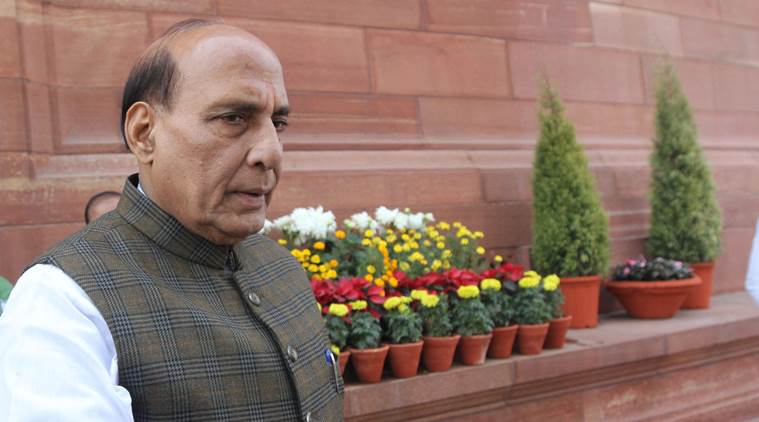 Home Minister Rajnath Singh
Home Minister Rajnath Singh
The standing committee of the Inter-State Council (ISC) on Friday completed deliberations on recommendations of the Punchhi Commission that dealt with the responsibility and jurisdiction of the Centre during major outbreaks of communal and caste violence.
A Home Ministry statement said the standing committee, headed by Home Minister Rajnath Singh, examined various recommendations of the commission. Friday’s meeting completed the task of deliberations on all 273 recommendations of the Punchhi Commission, the statement said.
The recommendations will be submitted before the next meeting of the ISC, headed by Prime Minister Narendra Modi. Chief ministers of all states are members of the council.
A three-member commission, headed by former Chief Justice of India Madan Mohan Punchhi, was set up in 2007 by the previous UPA government to take a fresh look at relative roles and responsibilities of various levels of government and the Centre-state relations.
The commission had submitted its report in 2010 to then Home minister P Chidambaram. The mandate of the commission was to examine what could be the role, responsibility and jurisdiction of the Centre during major and prolonged outbreaks of communal violence, caste violence or any other social conflicts, and to review other aspects of Centre-state relations, including taxes and linking of rivers.
It also examined whether there is a need to set up a central law enforcement agency to take up suo motu investigation of crimes with inter-state or international ramifications with serious implications on national security, role of a governor, among others.
In his opening remarks, Home Minister Singh recalled that during the previous two meetings held last year, thorough deliberations were held on the recommendations contained in Volumes I to V of the report.
He said today’s discussions were focused on the remaining two volumes i.e. VI and VII, that contained a total of 88 recommendations. The recommendations in Volume VI were related to environment, natural resources and infrastructure and covered the subjects of environment, water, forests, minerals and infrastructure.